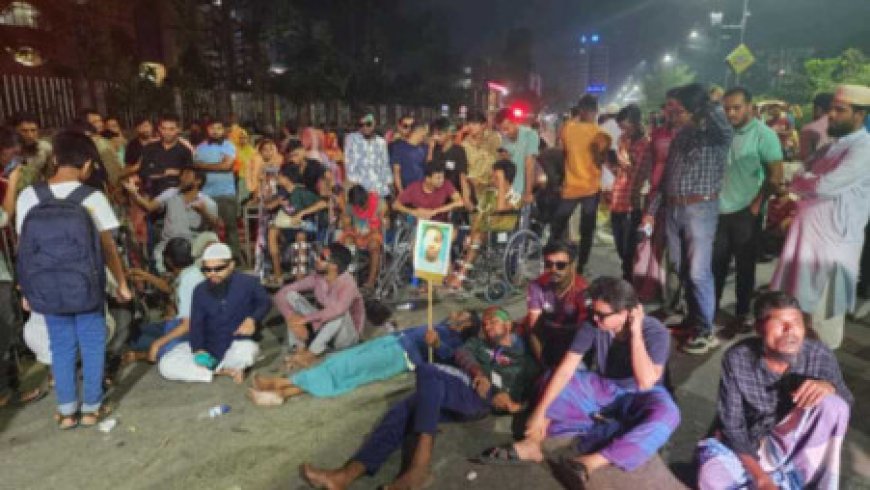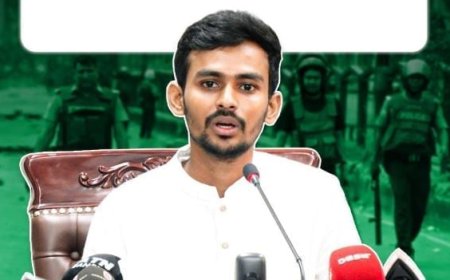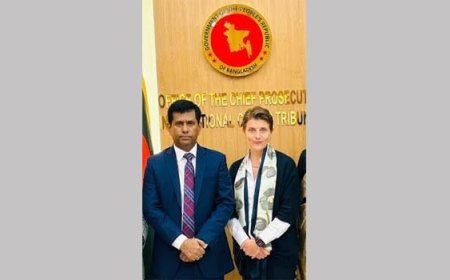Survey: 75% of protesters injured during the July uprising are experiencing depression
Over half (54.5%) display symptoms of anxiety, ranging from mild to severe, while 58.2% experience stress or psychological distress.

A recent survey by the National Institute of Mental Health highlights alarming psychological impacts among individuals injured during student and public protests. The study, conducted on 55 individuals aged 14 to 50 who sought treatment at the National Institute of Ophthalmology, reveals that 75% of these individuals suffer from varying levels of depression, with 27.3% facing severe depression. Over half (54.5%) exhibit symptoms of anxiety ranging from mild to extreme, while 58.2% experience stress or psychological strain.
Among the respondents, half were 22 years old or younger. Educationally, 38% had completed secondary school, and 62% were unmarried. Occupation-wise, 38% were students, and 22% were laborers. Researchers used internationally recognized questionnaires to assess their mental health.
The survey was prompted by a notable case at the National Institute of Ophthalmology, where a protest-injured patient displaying destructive and agitated behavior was diagnosed with bipolar disorder. This incident shed light on the mental health challenges faced by those injured in protests, leading to the broader evaluation of depression, anxiety, and stress levels.
The findings revealed varied mental health conditions among participants:
- Depression: 25.5% normal, 10.9% mild, 21.8% moderate, 14.5% severe, 27.3% extreme.
- Anxiety: 45.5% normal, 14.5% mild, 12.7% moderate, 5.5% severe, 21.8% extreme.
- Stress: 41.8% normal, 14.5% mild, 18.2% moderate, 16.4% severe, 9.1% extreme.
In response, the institute has set up a specialized mental health unit, including separate 10-bed wards for men and women, along with free outpatient counseling and psychotherapy services. Since August 5, 29 individuals, including nine women, have sought outpatient care, and 12 have been admitted, with one requiring readmission.
Mental health experts note that many individuals seeking treatment were either directly involved in the protests or related to injured or deceased participants. The emotional toll of protest-related events has led to diagnoses such as bipolar disorder and post-traumatic stress disorder (PTSD).
Dr. Muntasir Maruf, Associate Professor of the Community and Social Psychiatry Department at the National Mental Health Institute, emphasized the critical need for both physical and psychological care for injured individuals. He stated, "The injured in the movement need physical treatment as well as psychological treatment. In most cases, people with mental problems do not understand the disease. That's why this problem is not being treated properly. It is very important to pay attention to mental problems and proper treatment for the injured to return to normal life."
What's Your Reaction?





















































































